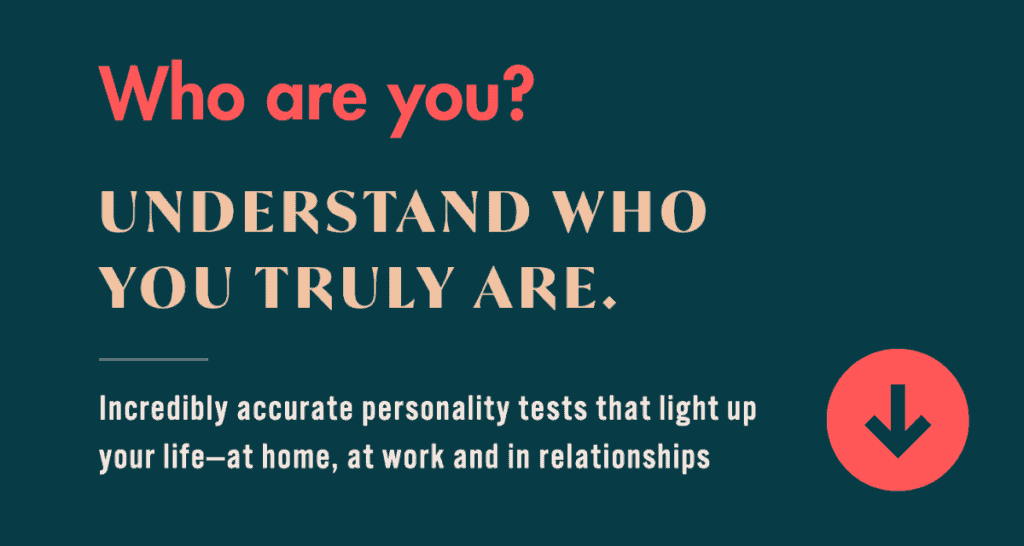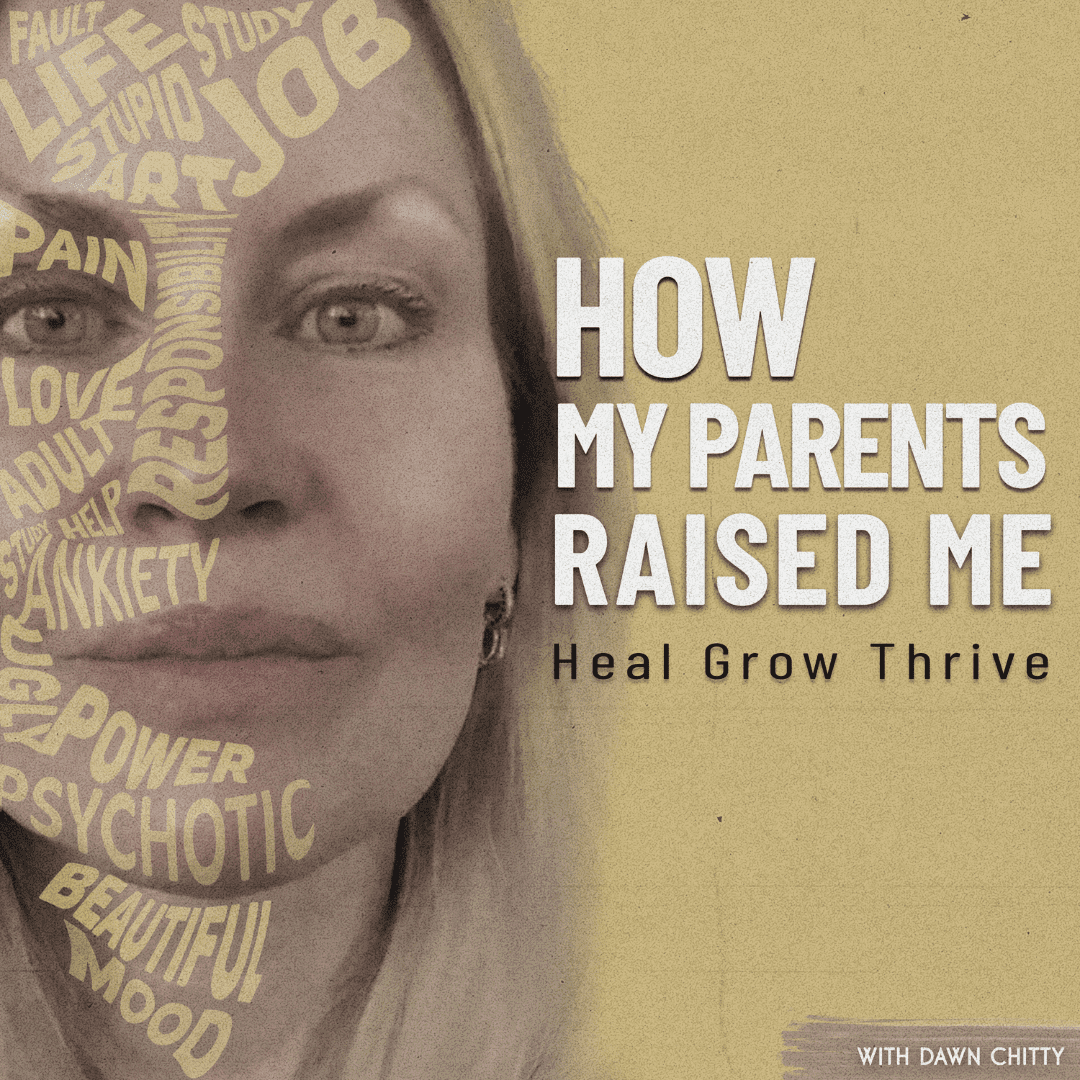Do you ever dissociate? Today we are going to discuss 15 ways to recognise you are dissociating.
Dissociation involves a detachment from your immediate surroundings, thoughts, feelings, or even your sense of self. While a certain level of dissociation is normal, particularly during moments of stress, severe and chronic dissociation can have a profound impact on your well-being.
Today, we delve into the realm of dissociation, shedding light on its various manifestations and effects. Whether you’ve experienced dissociation yourself or are curious about its intricacies, this exploration will provide valuable insights into recognizing the top ways you might dissociate. From mild episodes to more severe forms, understanding the spectrum of dissociation can offer a new perspective on mental health and self-awareness.
*8 Crucial Reasons Why You Should Take a Mental Health Day

Dissociation can manifest in various ways, and recognizing its signs is crucial for understanding your mental state. Here are 15 clear ways to recognise you are dissociating.
15 Clear Ways To Recognise You Are Dissociating
1. Ways To Recognise You Are Dissociating – Depersonalization:
Depersonalization is when you feel detached from yourself – as if you are observing your own actions and emotions from a distance.
2. Ways To Recognise You Are Dissociating – Derealization:
Derealization is when you experience a sense of unreality or detachment from the external world, as if things aren’t quite real.
3. Ways To Recognise You Are Dissociating – Memory Gaps:
Memory gaps are periods of time are missing from your memory, sometimes referred to as “losing time.”
4. Ways To Recognise You Are Dissociating – Emotional Numbness:
Emotional numbness is feeling disconnected from your emotions or having difficulty experiencing feelings.

5. Ways To Recognise You Are Dissociating – Identity Confusion:
Identity confusion is questioning your sense of self, identity, or purpose, leading to a sense of internal confusion.
6. Ways To Recognise You Are Dissociating – Amnesia:
Amnesia is forgetting significant events, even those that were once vividly remembered.
7. Ways To Recognise You Are Dissociating – Alterations in Perception:
Alterations in perception are distortions in how you perceive the environment, such as sounds being muffled or colors that appear faded.
8. Ways To Recognise You Are Dissociating – Time Distortion:
Time distortion is losing track of time or feeling like time is passing unusually quickly or slowly.
9. Ways To Recognise You Are Dissociating – Mind Wandering:
Mind wandering or zoning out, daydreaming, or feeling mentally absent, often leading to difficulty concentrating.
10. Ways To Recognise You Are Dissociating – Out of body sensations:
Out of body sensations, feeling as if you’re watching yourself from outside your body, or feeling disconnected from your physical self.
11. Ways To Recognise You Are Dissociating – Sudden Changes In Mood:
Changes in mood, experiencing abrupt shifts in emotions without a clear trigger or cause.
12. Ways To Recognise You Are Dissociating – Escapist Behaviors:
Escapist behaviors, engaging in activities like excessive daydreaming, substance abuse, or compulsive behaviors to escape reality.
13. Ways To Recognise You Are Dissociating – Difficulty Remembering Traumatic Events:
Difficulty remembering or having fragmented or unclear memories of traumatic experiences as a way to protect oneself from emotional pain.

14. Ways To Recognise You Are Dissociating – An Inconsistent Sense Of Time:
An inconsistent sense of time, feeling as though you’ve lost time, or experiencing periods that seem to blend together.
15. Ways To Recognise You Are Dissociating – Physical Disconnection:
Physical disconnection, feeling disconnected from your body or experiencing unusual sensations, such as numbness or tingling.
Remember, everyone’s experience of dissociation is unique, and the presence of one or more of these signs doesn’t necessarily indicate a disorder. However, if you or someone you know is consistently struggling with dissociative experiences that impact daily life, seeking professional help can be beneficial for understanding and managing these feelings.
Top 5 Tips To Deeply Calm & Regulate Your Nervous System
14 Actionable Steps To Heal From Dissociation
Recovering from dissociation is a journey that requires patience, self-compassion, and often professional guidance. Here are 14 actionable steps to help you or a loved one navigate the path toward healing:
- Self-Awareness: Acknowledge and accept the presence of dissociation in your life. Understanding its impact is the first step toward change.
- Seek Professional Help: Consult a mental health professional, such as a therapist or psychiatrist, who specializes in trauma and dissociation. They can provide tailored guidance and therapeutic interventions.
- Trauma-Informed Therapy: Engage in trauma-focused therapies like Eye Movement Desensitization and Reprocessing (EMDR) or Trauma-Focused Cognitive Behavioral Therapy (TF-CBT), which address the underlying causes of dissociation.
- Mindfulness and Grounding Techniques: Practice mindfulness meditation and grounding exercises to bring your focus back to the present moment and connect with your senses
- Breathing Exercises: Deep breathing techniques can help regulate your nervous system and reduce anxiety, promoting a sense of calmness and control.
- Art and Creative Expression: Explore artistic outlets such as drawing, painting, or journaling to help process emotions and thoughts in a safe and creative way.

- Physical Activity: Engage in regular exercise, which can release endorphins, improve mood, and help reconnect mind and body.
- Healthy Lifestyle Choices: Prioritize proper sleep, balanced nutrition, and staying hydrated to support overall well-being.
- Establish Routines: Structure and predictability can create a sense of safety, stability, and control.
- Gradual Exposure: Under the guidance of a therapist, gradually explore triggers and challenging situations to build resilience and reduce avoidance behaviors.
- Social Support: Connect with trusted friends, family members, or support groups to share your experiences and receive validation and understanding.
- Educate Yourself: Learn about dissociation, its causes, and coping strategies to empower yourself with knowledge.
- Patience: Healing takes time. Allow yourself to progress at your own pace and celebrate even small victories.
- Self-Compassion: Be kind to yourself throughout the process. Acknowledge your efforts and practice self-care.
- Celebrate Progress: Celebrate each step forward, whether it’s recognizing triggers, managing dissociative episodes, or building a sense of connection.
If you’ve resonated with the signs discussed here, or if you suspect that dissociation may be affecting your well-being, reaching out to a mental health professional is a crucial step. Their expertise can guide you through strategies tailored to your unique situation, helping you reconnect with your emotions, thoughts, and surroundings.
With the right support, you can reclaim your sense of self, build resilience, and develop healthy coping mechanisms. Remember that healing takes time and effort, but it is always possible. By fostering self-awareness, seeking guidance, and practicing self-compassion, you can embark on a journey towards a more connected and fulfilling life.
Let the knowledge gained from recognizing these signs empower you to take charge of your mental health journey. You deserve a life that is grounded in self-awareness, resilience, and self-love. As you move forward, may you be guided by the light of understanding, healing, and growth.









